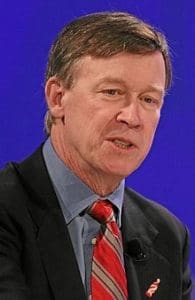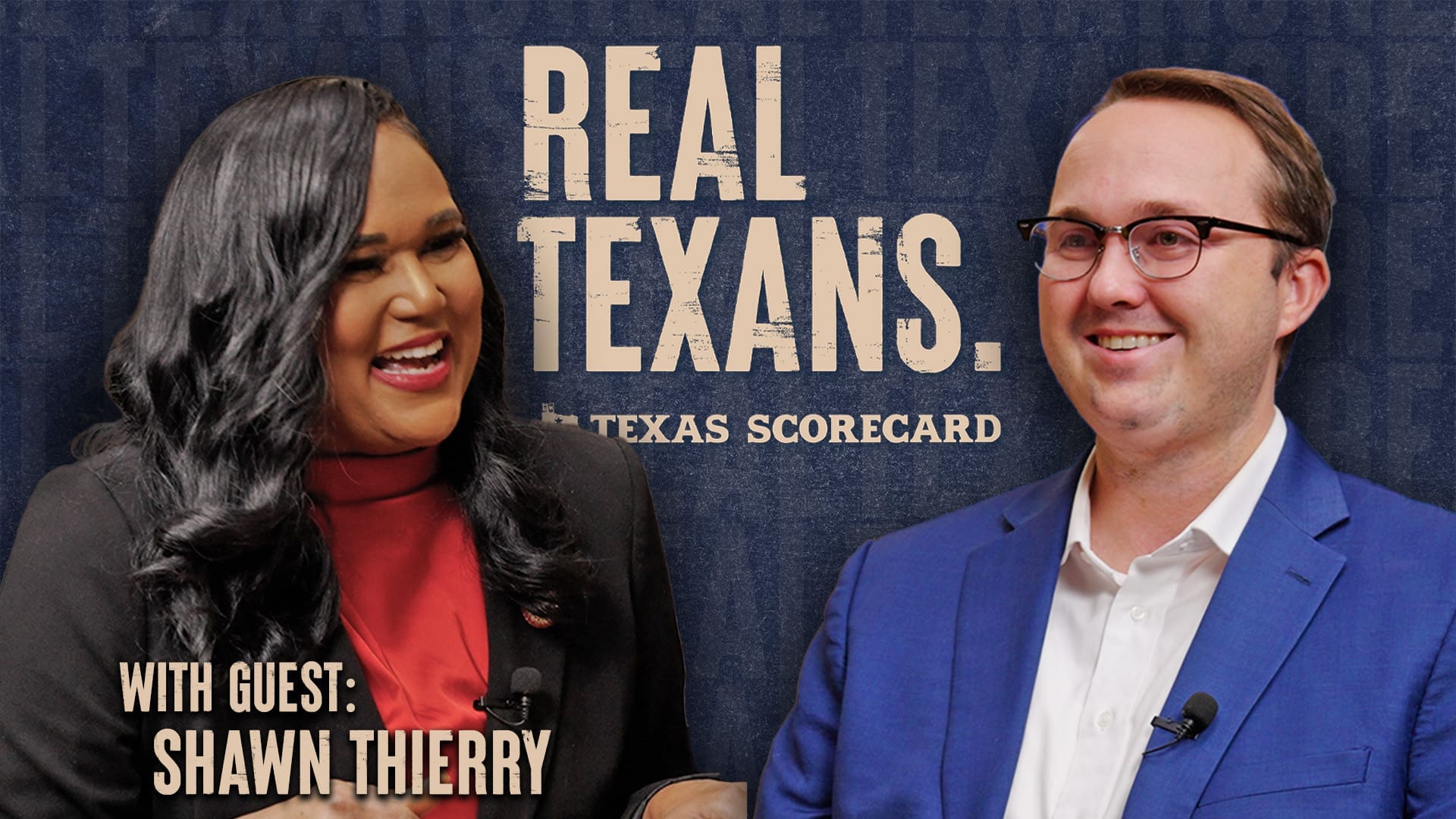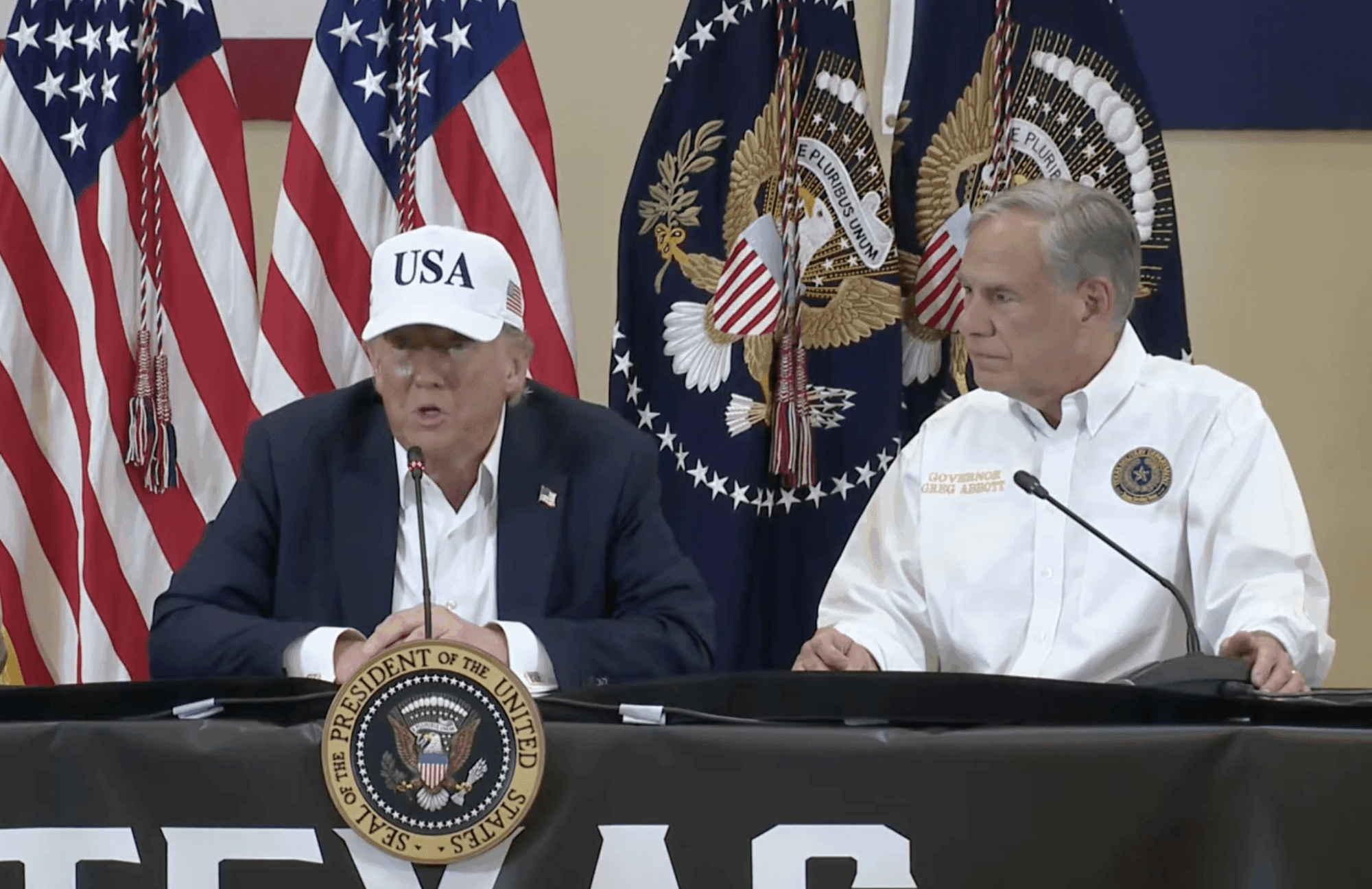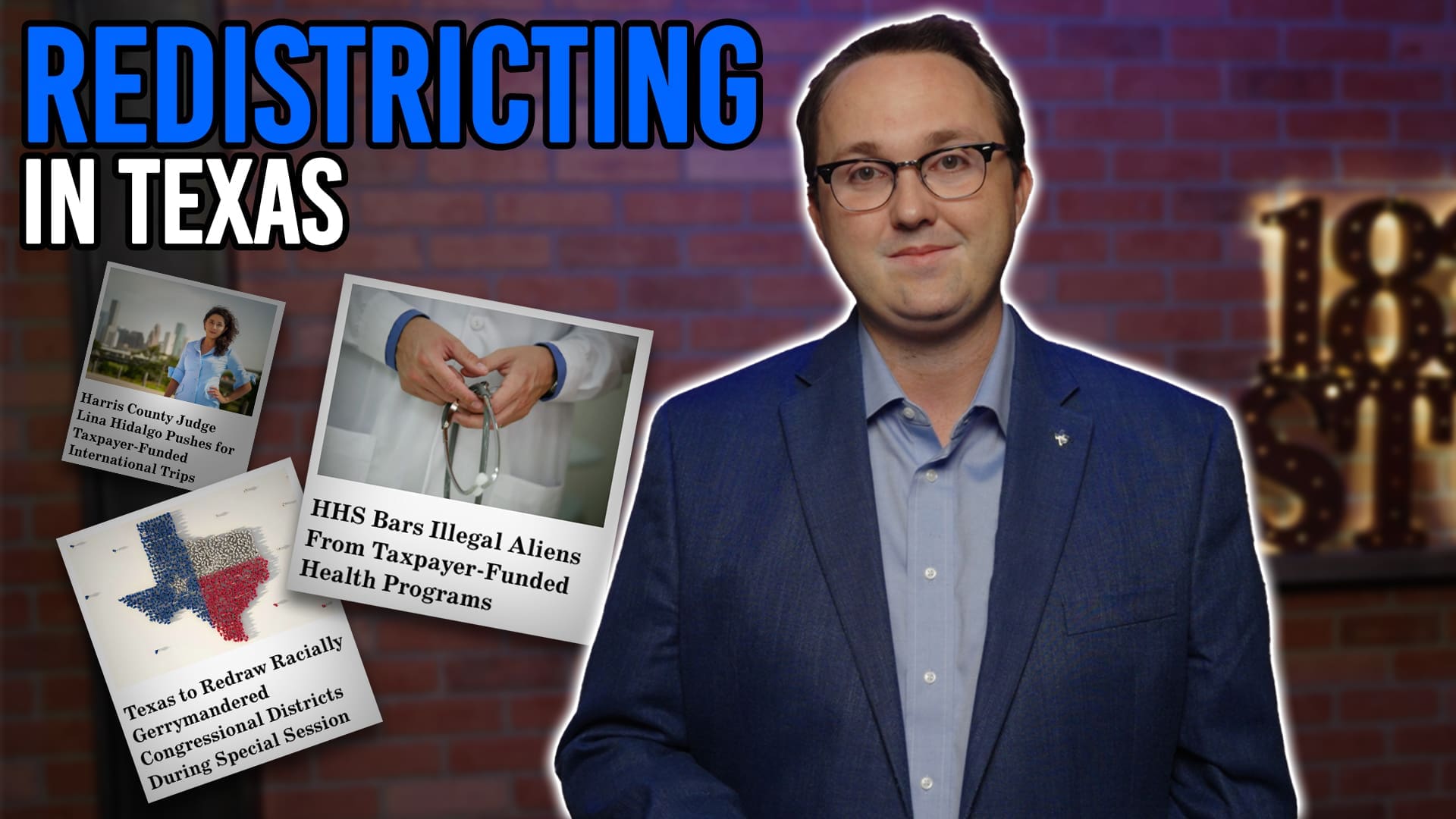The second round of Democrat Party debates will air on Tuesday, July 30, and Wednesday, July 31, with the same format as last month’s debates: two nights, 10 candidates each. Analysts are looking for strong performances from Sen. Bernie Sanders (VT) and Sen. Elizabeth Warren (MA) to continue their push to the top of the polls, and all eyes are on former Vice President Joe Biden and Sen. Kamala Harris (CA) after sparks flew between the two over school busing policy at the June 27 debate.
Since the first round of debates, the Democrats now have their first dropout. Rep. Eric Swalwell (CA), who had been running on a radical anti-gun platform, dropped out on July 8 due to lack of support. Taking his place on the debate stage as the twentieth candidate will be Montana Governor Steve Bullock. Bullock’s ascension to the main debate stage could likely be inconsequential to the larger scope of the 2020 election, but he’s still a man to watch out for.
The first round of debates, especially the June 27 debate, brought Democrat party line fracturing to national television. For the first time in years, Democrat politicians, in significant numbers, fought back against the more radical, idealistic policy proposals of “democratic socialist” firebrand Sanders and his growing constituency of disciples in the party. The evening produced some fairly stunning quotes within this context, with most of them coming from former Colorado Governor John Hickenlooper and Colorado Sen. Michael Bennet.
“Bernie mentioned . . . the taxes that we’d have to pay. Because of those taxes, Vermont rejected Medicare For All.” – Bennet
“You don’t need big government to do big things . . . If we turn towards socialism, we run the risk of helping to re-elect the worst president in American history.” – Hickenlooper

Former Colorado Gov. John Hickenlooper has been the sole Democrat candidate to strongly condemn socialism on the campaign trail.
These statements indicate a growing divide between different classes of Democrat candidates. The class represented by Hickenlooper; Bennet; Biden; South Bend, Indiana Mayor Pete Buttigieg; and now Gov. Bullock are a constituency of candidates attempting to brand themselves as “moderate” in contrast to uber-progressives such as Sanders, Warren, Harris, Sen. Kirsten Gillibrand (NY), and former San Antonio Mayor Julian Castro. By appealing to the “moderate” market, this group is hoping that they can maintain enough progressive clout to win the party nomination, while also reaching dissatisfied Trump voters and/or unaffiliated voters that may be turned off by the “radical” fringes of both parties.
Of course, conservatives should recognize that this “moderate” progressivism is a mere cop-out. Obama-era nostalgia will not signal a return to 20th century American glory or a “return to normalcy,” to quote an often-used phrase. Hickenlooper said himself, “…I’m the one person up here who’s actually done the big, progressive things everyone else is talking about.” Those “big, progressive things” for Colorado included marijuana legalization, extreme gun control, and expanding Medicaid as part of the Affordable Care Act. The intended result does not change just because the methodology does.
Despite the transparent motives, Republicans should be wary of this new trend. If a “moderate” Democrat such as Biden or Buttigieg can secure the nomination, it could present a much greater re-election challenge for Donald Trump than if he were matched up against a flailing neo-socialist such as Sanders or Harris.
Fence-sitting voters will listen to the “refined” policy positions of the moderates, such as Buttigieg publicly disavowing universal higher education (yet still saying that paying tuition should only be reserved for the wealthy) or Biden maintaining his view that deportation is still a viable option in our immigration crisis and perhaps come away with the view that the Democrats aren’t that insane after all. A major point of attack for the moderates in the first round of debates was Medicare, with several candidates directly criticizing Sanders’ idealism, while still asserting that under their plans, illegal immigrants would be entitled to the same coverage as an ordinary citizen (in the second night of the debate, every candidate visibly committed to this statute by a show of hands).
Governor Bullock is a prime example of what a Democrat can accomplish by branding as a “moderate.” Considering how successful he has been in deep-red Montana, Republicans should be on high alert during his debate appearance. Bullock has vetoed several pro-life bills in the Montana state legislature, has verbally expressed interest in the idea of a semiautomatic firearms ban, and has successfully expanded Medicaid statewide. Despite his progressive streak, he won re-election in 2016 and maintains a positive approval rating.

Montana Gov. Bullock’s success has proved that moderate Democrats can be a threat, even in solidly-Republican states.
These “moderate” policies are a facade, to be sure. Republicans must call them out for what they are, but these proposals must also be combated with the same fire and fury that the Democrats direct towards their pet issues.
It’s no stretch to say that the Republicans have been absolutely flattened in the healthcare debate. Save for perhaps controversies regarding immigration policy, the healthcare question is the single biggest issue for Democrat politicians in the Trump era. If party candidates successfully brand a progressive healthcare agenda as “moderate” or “sensible,” it could spell doom for Republican politicians that offer little to the healthcare debate other than platitudes about how bad socialized healthcare is on principle. Republicans must bring their own solutions to the table or risk massive failure in swing areas of the country.
Since the dawn of the Obama era, we have witnessed the rapid radicalization of the Democrat party: the exponentially “inclusive” social progressivism, ridiculous spending proposals, and refusal to condemn fringe elements of the left such as Antifa activists. These radical politicians are reason for concern, as they seek to completely undermine American values while openly boasting about it.
“Moderate” Democrats, with enough shrewd marketing, could win back all the states that swung for Trump in 2016 and perhaps flip even more.
“I was on the ballot for re-election in 2016. Donald Trump took Montana by 20. I won by four,” said Bullock. “Twenty-five to 30 percent of my voters also voted for Donald Trump. If we can’t both bring out our base but also win back some of the places that we lost, we’re not going to win this election.”





